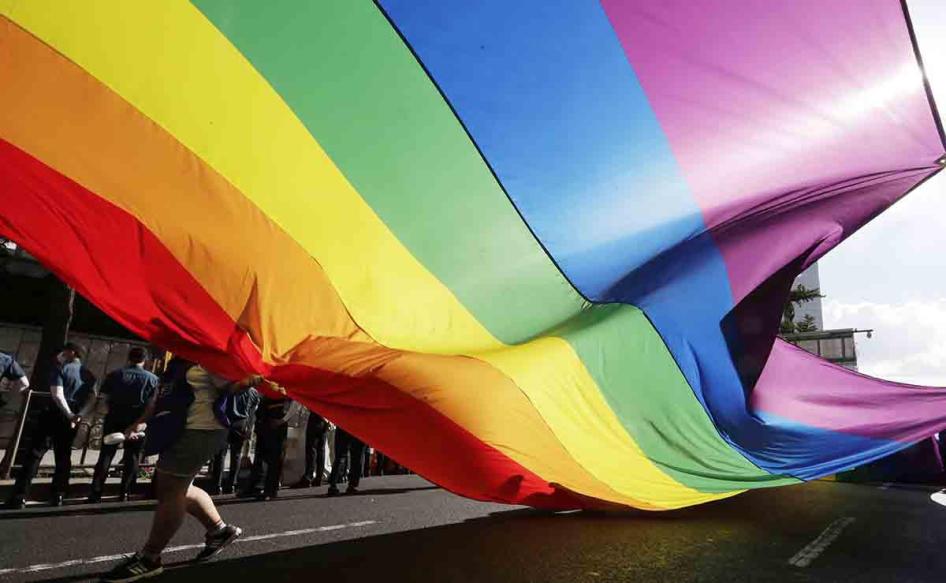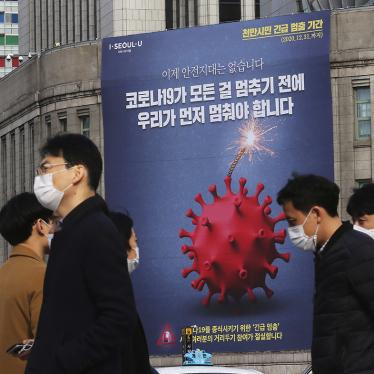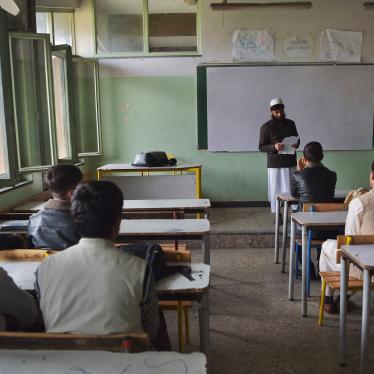On January 26, the South Korean government announced it would seek to revise the legal definition of “family” in South Korea, and held a public hearing on the need to recognize the full diversity of families, including single parents and unmarried couples. Unfortunately, it seems that when the government finalizes and publishes its new Health and Family Basic Plan in March, the updated and diversified definition of “family” still won’t include same-sex couples.
South Korea’s family laws are rooted in Confucian patriarchal structures that still contain provisions rigidly defining family, relatives and lineage as based exclusively on birth, marriage, or adoption. South Korea does not recognize the right to marry for same-sex couples, and a government official has stated the new definition of family will not include them.
The government’s narrow interpretation of family has sidelined many people from seeking welfare programs. Single parents, especially unwed mothers, struggle to access financial support and social services and are often discriminated against due to deep social stigma, making it more likely they and their children will be living in poverty.
To combat one of the lowest birth rates in the world, the government is rolling out new measures and subsidies in hope of encouraging more people to have children. However, single women and unmarried couples cannot obtain artificial insemination and IVF treatments; hospitals issue their own criteria for accepting patients and will not assist unmarried women. Meanwhile, the absence of laws protecting lesbian, gay, bisexual, and transgender (LGBT) people from discrimination makes it difficult for them to choose to parent, as same-sex couples are not legally recognized.
South Koreans are ready for change. In a recent survey from the Ministry of Gender Equality and Family, acceptance of diverse families including single-parent and multicultural families rose, and nearly 70 percent of respondents defined family as people that live together and share livelihoods, even if not married or related by blood.
The South Korean government should get serious about diversity and reform its laws to include single parents, unmarried couples, and same-sex couples in any legal definition of family, and ensure all families can access social services and subsidies. It should eradicate all forms of discrimination against single parents, particularly unwed mothers and anyone identifying as LGBT.








